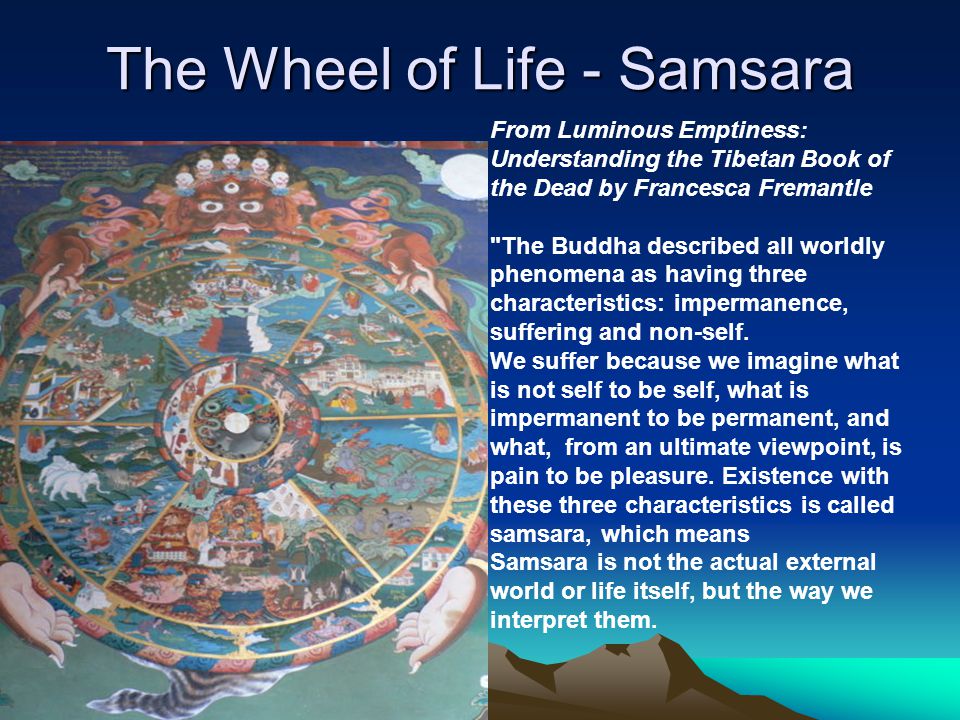How can a therapist help a client with borderline personality disorder acquire a sense of self?
https://www.quora.com/How-can-a-the...-personality-disorder-acquire-a-sense-of-self
Answered by
Julie Gurner (A doc of psychology) on April the 6th 2018.
People with borderline personality disorder (BPD) often suffer from an unstable sense of self (technically called “
identity diffusion”)…there are a lot of reasons for that, but this is how a therapist can help them - if the therapist is properly trained.
I say that, because often times,
patients with BPD will go to therapists *for years* with no results - and honestly, it’s usually because the therapist is not trained in DBT or specialty treatments that truly help these individuals, and they should be referring them to people who do have this training.
Here’s 4 Things We Do (in a vague way - every person is different).
1. We help Define Boundaries. Boundaries are rough for people with BPD, and often very difficult to adjust to…but boundaries help people to know where they end, and the other person begins. We start here because without knowing this line, it’s often confusing to define who you are. Therapists might start out drawing the boundaries by using the therapeutic relationship with you as a model…but the hope is, that you’ll learn to draw boundaries in your own life outside of the office.
2. We give you Emotional Regulation Skills. We teach you how to regulate your emotions that can be so intense and seemingly unmanageable. While that is challenging, mastering it gives people a sense of confidence. Emotions don’t have to control them anymore - they control their emotions. That’s very powerful.
3. We help to Build Self-Esteem. How do you know that you are worthy of respect or who you are if you have no self-esteem? We help you to see yourself as stable (see emotional regulation skills), well-defined regardless of others (boundaries), and start to develop who you are…and that person is usually really cool.
4. We help you to define yourself, not allow others to create that definition. People with BPD often come from unstable backgrounds where they based who they were from other people’s reaction to them. By taking that power back, it creates an entirely new dynamic of interacting with other people…a stable sense of self that translates to all environments.
People with BPD aren’t “bad clients,” they just have problems not every therapist is equipped to deal with. Look for a therapist with DBT training, and find the good ones! While this isn’t everything, obviously, it gives you a good insight into how we help a client with BPD acquire a sense of self.
https://www.quora.com/How-can-a-the...-personality-disorder-acquire-a-sense-of-self









